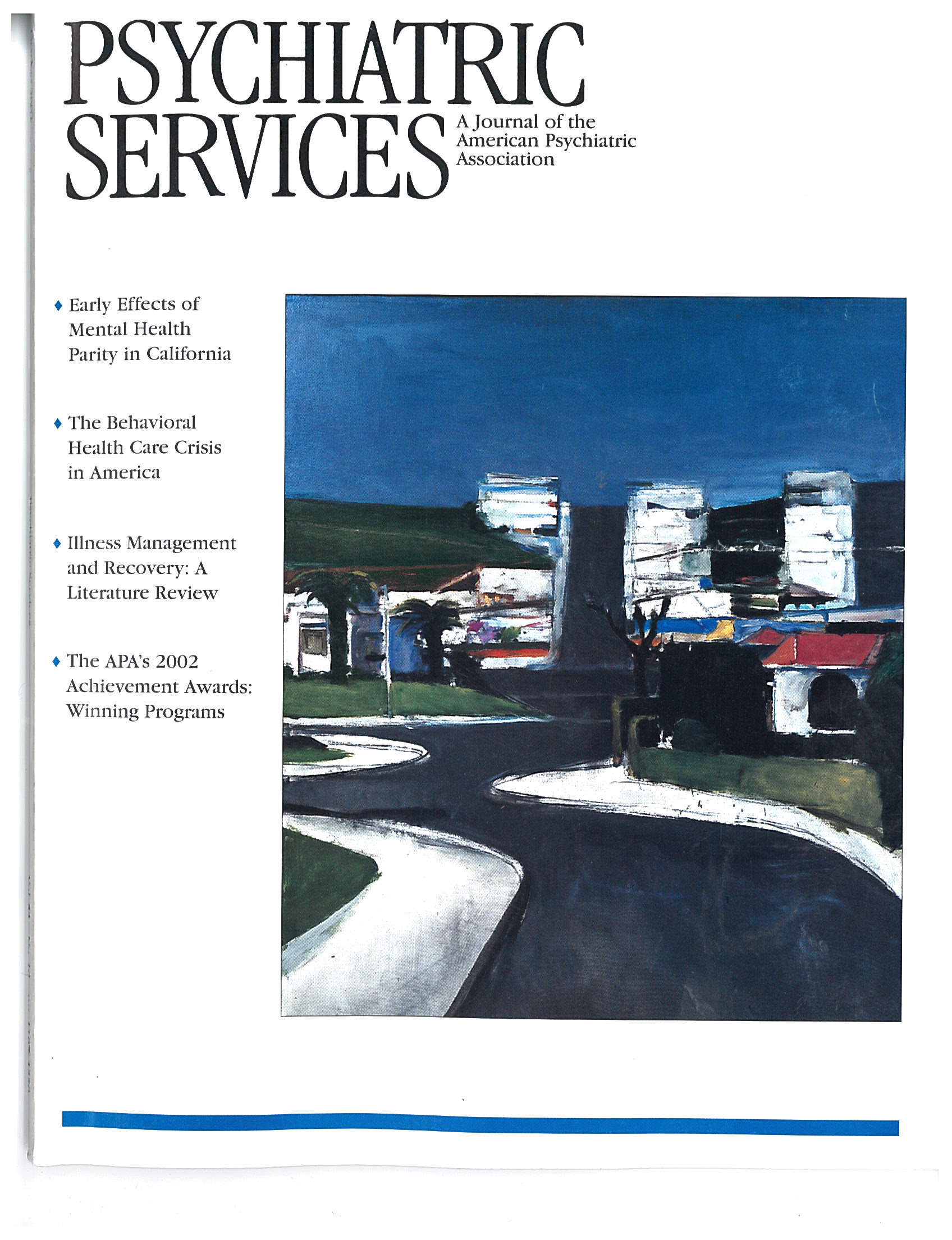Responsibility and Addiction
In Reply: The members of the Committee on Addictions of the Group for the Advancement of Psychiatry (GAP) thank Drs. Peyser, Watson, and Corrigan for their insightful and relevant comments on our paper on individual responsibility in the genesis and treatment of substance use disorders.
Drs. Watson and Corrigan address one of the seminal issues in the areas of both policy making and treatment. We agree with the contention that research on the impact of how beliefs about responsibility influence clinical practice, policy, and funding for both treatment and research is long overdue and very much needed.
Ambiguities bedevil the field in this context. On one hand we frequently address the issue of "readiness for treatment" (1), an approach that strongly implies a volitional component in the addictive process. On the other hand, substantial information points in the direction of the reasonable efficacy of imposing treatment on individuals whose motivation may be low or lacking (2), an approach that presupposes a relative lack of individual control and responsibility. How are we to reconcile these essentially diametrically opposed views?
The answers will probably emerge less from a dialectic approach than from a research one. At this time we have little hard data on how to differentiate individuals who are capable of making a reasoned decision about whether to engage in treatment from those who cannot make such a decision but might nevertheless benefit from imposed treatment.
Dr. Peyser's erudite delineation of the legal attitude toward responsibility further highlights the issue. The confused concept of "free will" assists us in our clinical work but also complicates our interventions. With some frequency we as clinicians and as citizens encounter the individual who drinks excessively or who uses illegal drugs but who has little or no awareness of his or her problem, or who has no intention of dealing with it.
The result is that each of us—and society—continues to struggle with the ambiguities and contradictions related to personal responsibility in our attempts to find the level of persuasion or coercion appropriate to each individual patient and prospective patient. The challenge is to avoid the procrustean approaches that have so often been an impediment for us in the treatment of addictions.
1. Prochaska JO, DiClemente CC: Stages of change in the modification of problem behaviors, In Progress in Behavior Modification. Edited by Hersen M, Eisler RM, Miller PM. Sycamore, Ill, Sycamore Publishing, 1992Google Scholar
2. Center for Substance Abuse Treatment: Strategies for Integrating Substance Abuse Treatment and the Juvenile Justice System: A Practice Guide. DHHS pub no (SMA) 00-3369. Rockville, Md, US Department of Health and Human Services, 1999Google Scholar



